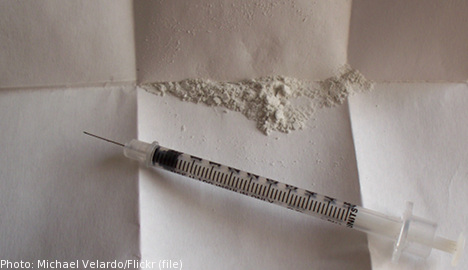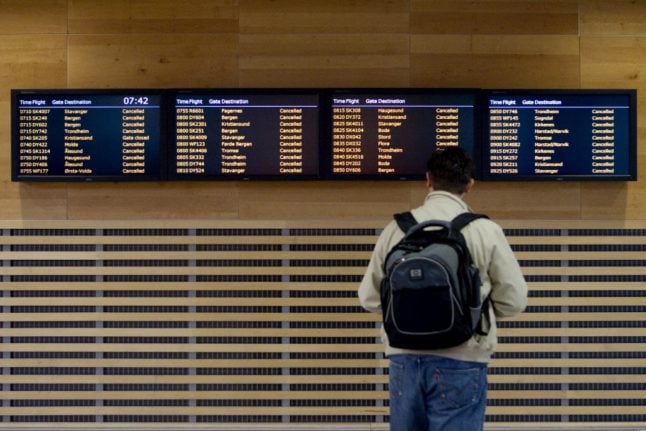The man, reportedly in his twenties, arrived in Sweden on a flight from Rome, Italy.
He was remanded into custody following the bust and according to local paper Södermanlands Nyheter he has admitted to being a courier but claims he did not know what drug it was he carried nor how much of it he had in his bag.
Meanwhile the customs officers are astounded by the amount of heroin the man was carrying.
“Finding a kilo of heroin is an enormous amount for one bust,” Mikael Lindberg of head of the Swedish customs at Skavsta told the paper.
Custom officers generally confiscate about five kilos of the drug across the region, which comprises of Stockholm and five other counties, per year.
But 2011 has been a busy year for Swedish customs officials. Nearly twice the amount of drugs has been confiscated during the first six months of the year, compared with the same periods in 2010 and 2009.
1,781 confiscations, mainly of cannabis and narcotics-classed medicines, have been made between January and June, according to recent figures from the Swedish Customs (Tullverket).



 Please whitelist us to continue reading.
Please whitelist us to continue reading.
Member comments